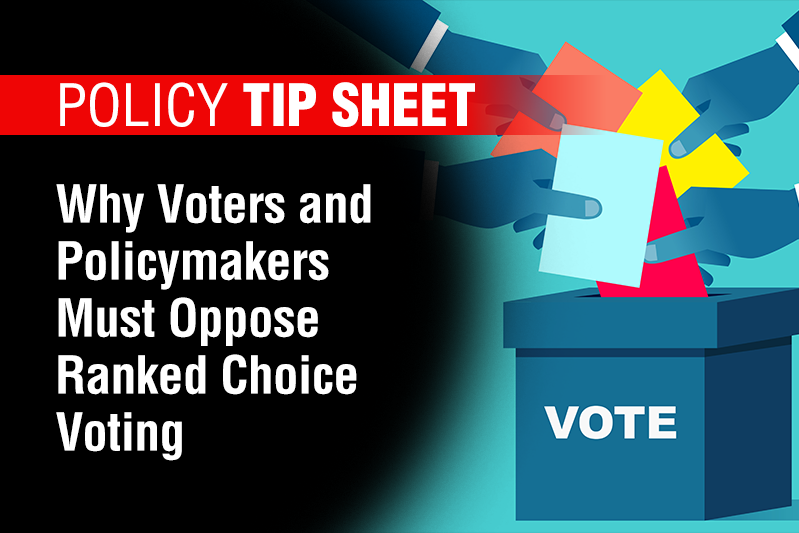Problem
According to a new Policy Brief authored by The Heartland Institute’s Michael Hamilton and Bette Grande and John Davidson, a senior fellow at the Texas Public Policy Foundation, North Dakota now faces a serious shortage of dentists across the state:
- Approximately 66,663 North Dakotans – nearly 10 percent of the population – live in 35 areas designated as having a dental health professional shortage.
- One-third of all elderly North Dakotans (aged 65 and older) with teeth needed “early or urgent dental care” in 2016.
- Seventy-two percent of children on Medicaid in 2015 did not use preventive dental care for which they were eligible, the third-worst rate in the nation.
Solution
Dental therapists can improve the productivity and efficiency of dental practices, help increase access to care, give dentists the option to serve more patients in more settings, and free up dentists to focus on more complicated procedures.
North Dakota can close gaps in oral-care access by permitting dentists to employ dental therapists trained to perform certain preventive and restorative services under the supervision of a licensed dentist.
Alaska and Minnesota have proven licensing dental therapists a win-win for residents and dentists. Maine and Vermont recently authorized licensure.
Policy Message
Point 1: Dental therapy is a 95-year-old profession with proven success at increasing oral-care access for underserved patients in more than 50 countries, including the United States.
Point 2: Permitting dental therapists to obtain licenses in North Dakota would expand access for populations rural and urban, young and old, on Medicaid and off Medicaid.
Point 3: Dentists, who are currently obstructed from hiring dental therapists, would gain the freedom to grow their practices by building their dental dream teams.
Point 4: No dentist would be forced to hire a dental therapist. Dentists would remain in control of their practices and responsible for the quality of care provided by employees. Therapists would practice only under the supervision of an employing dentist.
Point 5: Dental therapy programs pioneered by the Alaska Native Tribal Health Consortium and multiple Minnesota institutions demonstrate the flexibility these programs offer lawmakers, tribes, dentists, and patients.





